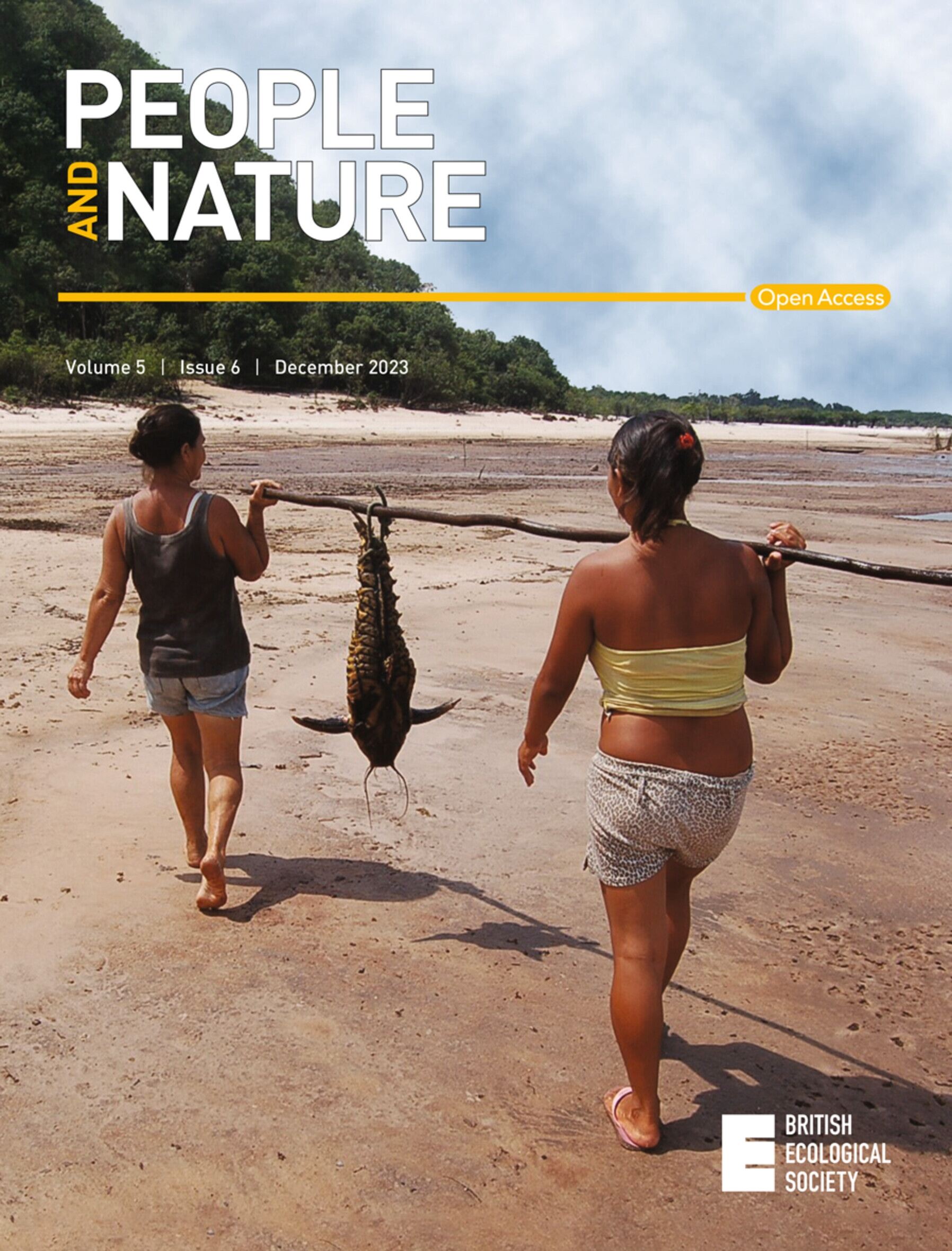Conservation scholars' perspectives on the morality of trophy hunting for the sake of conservation
IF 4.9
1区 环境科学与生态学
Q1 BIODIVERSITY CONSERVATION
引用次数: 0
Abstract
Trophy hunting is one of the most contentious issues in recent biodiversity conservation discourse, eliciting opposition and support for the practice. Ethical concerns are often at the heart of the debate. To investigate moral views about trophy hunting, we conducted an online survey of randomly selected scholars worldwide who had published on biodiversity conservation (n = 2315). Scholars expressed divergent views on the moral acceptability of trophy hunting as a conservation practice. Moral convictions were significantly related to the perspectives of scholars. The most important factor in predicting the moral views of the respondents was the consequences of trophy hunting for local human communities. The results also indicated that utilitarian (versus deontological) decision‐making in conservation, ecological consequences of trophy hunting and animal welfare issues contribute to the divergent views. The findings emphasize the need for interdisciplinary work on ethical issues concerning animal rights and welfare in conservation, as well as providing robust and comprehensive evidence on the consequences of trophy hunting for local communities. We caution that polarization among conservation scholars may negatively affect conservation efforts. Based on the literature and our findings, we provide some recommendations to narrow the gap and consider different management options. Read the free Plain Language Summary for this article on the Journal blog.保护学者对为保护而狩猎战利品的道德观
奖杯狩猎是最近生物多样性保护讨论中最具争议的问题之一,引发了对这种做法的反对和支持。伦理问题往往是争论的核心。为了调查关于战利品狩猎的道德观点,我们对世界各地随机选择的学者进行了一项在线调查,这些学者发表了关于生物多样性保护(n = 2315)。学者们对狩猎战利品作为一种保护行为在道德上的可接受性表达了不同的看法。道德信念与学者的观点有很大关系。预测受访者道德观的最重要因素是狩猎战利品对当地人类社区的影响。研究结果还表明,在保护、战利品狩猎的生态后果和动物福利问题上的功利主义(与义务论)决策导致了不同的观点。研究结果强调,需要就保护动物权利和福利的伦理问题开展跨学科研究,并就狩猎战利品对当地社区的影响提供有力和全面的证据。我们警告说,保护学者之间的两极分化可能会对保护工作产生负面影响。根据文献和我们的研究结果,我们提出了一些缩小差距的建议,并考虑不同的管理选择。阅读期刊博客上这篇文章的免费简明语言摘要。
本文章由计算机程序翻译,如有差异,请以英文原文为准。
求助全文
约1分钟内获得全文
求助全文

 求助内容:
求助内容: 应助结果提醒方式:
应助结果提醒方式:


